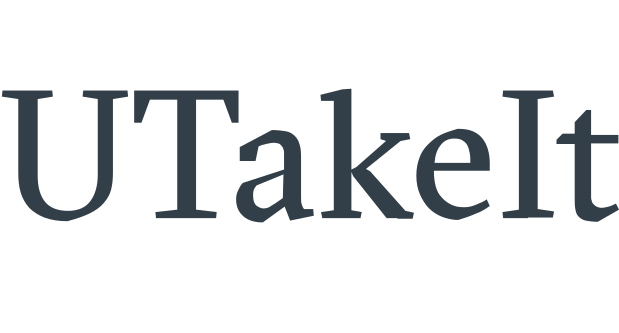
Strategies for Effective and Inclusive CS Teaching (Jones)
Course purpose: support your efforts, as a computer science teacher or related stakeholder, to develop the insight, resources, and skills necessary to move computer science education into the forefront of your school and communities' priorities.
Registration End
March 15, 2021, 8 p.m.
6 weeks
Self-Paced
4 hours
per week
24.00
CPE
hours available
Registration Ends: March 15, 2021, 8 p.m.
Duration: 6 weeks, Self-Paced
Time Required: 4 hours per week
CPEs: 24.00 CPE hours available
Certificate Program:
About this Course
This course is offered at no-cost and will be led by Vanessa Jones & Andrea Wilson Vazquez, as a part of their involvement as CS for All Teachers Ambassadors.
Start/End Dates of Course: 02/22/2021 - 04/09/2021
- Kickoff will take place on Monday, February 22, 2021, 5:00-6:00pm CST
- Synchronous meetings will be on Mondays, 5:00-6:00pm CST
The purpose of this course is to support teachers as they work to make their CS courses more inclusive and diverse. It is primarily intended for the secondary CS teacher, but the strategies and research addressed are applicable for addressing equity and inclusion in any STEM course. The course is divided up into six modules and includes topics such as
· Inclusive recruitment strategies
· Working with course gatekeepers such as counselors and other teachers
· Examining your own unconscious bias and cultural misunderstanding
· Leveraging CS as a tool for addressing social justice
· Culturally responsive pedagogy
· CS for neurodiverse learners
· Intersectionality and its impact on CS identity
· Applying research-based strategies such as pair programming, CS role models, connecting CS to students’ lives, and building a growth mindset specific to CS
Since the content addresses sensitive topics on equity, diversity, inclusion, prejudice, and social justice, the course makes use of a combination of online content and activities, interactive discussion boards, and supplemental live meetings (in person or online) with your own Professional Learning Cohort. This creates opportunities to share thoughts, feedback, and constructive criticism in a format that is most comfortable for you. Further, the course uses "in the field" activities, such as classroom observation and practical implementation, to enhance the learning experience and ensure your ability to apply the concepts and techniques throughout the course. Each participant will complete the course by producing a working action plan as culmination of the learning experience.
REGISTER FOR FREE
The registration process will require for you to have a UT EID (see below for details).
Click here to create a UT EID.
When setting up an account, the UT EID system lists first name and e-mail as optional fields. The UTakeIT system requires a first name, last name, and an e-mail address to be associated with your UT EID. You will not be able to register for any courses or events unless you have a first name, last name, and email address on record.
CONTACT INFORMATION
For questions related to registration, please contact Nathalie Beausoleil at nathalie.b@tacc.utexas.edu.
For questions related to Canvas or course content, please contact Vanessa Jones at vkajones@gmail.com.
This course was developed with funding from the Google CS-ER grant program and the Siegel Family Endowment.
What You'll Learn
- How to define equity and the related issues that impact its realization
- How to develop the skills to advocate for computer science
- How to use computer science and computational thinking as a vehicle for exploring issues of personal relevance and social justice
- How to explore and understand our own unconscious biases, beliefs, and stereotypes that can influence our teaching, student recruiting, and interactions with other stakeholders
- How to navigate program and material selection, while using specific strategies to establish equity and self-esteem among different populations
Personal Enrollment
Free
Enroll and gain immediate access to the course.
